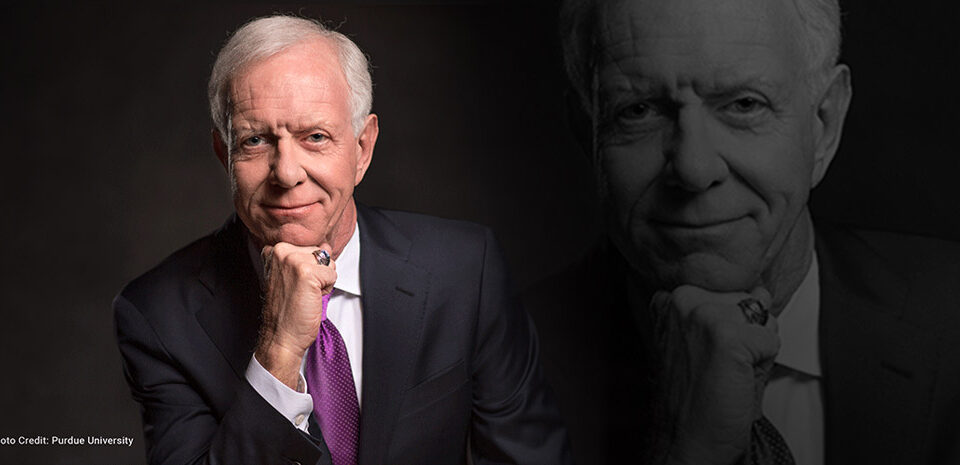Five Tips for Making Decisions Under Fire

Capt. Sully: 5 Tips for Making Decisions Under Fire
April 2, 2015
Captain Sully: Pilots Need To Feel Safe Admitting Mental Illness
April 3, 2015Entreprenuer.com reports: April 2, 2015
When both engines failed on U.S. Airways Flight 1549 on January 15, 2009, as the result of a bird strike, my crew and I had just 208 seconds to do something we had never trained for, and to get it right the first time: an emergency landing of a commercial airliner on water — in this case, the Hudson River.
What allowed us to manage this crisis successfully, saving the lives of all 155 people aboard? There are, of course, many technical answers. But there are also five important human skills that anyone can learn and apply when facing decisions under fire in business.
1. Create calm in yourself and in the situation.
When our plane lost thrust in both engines, the “startle factor” was huge, and my body reacted in normal physiological ways. I could feel my blood pressure shoot up and my pulse spike. But I had the discipline to compartmentalize these reactions and focus on the task at hand. In any high-stakes situation, it helps to create an oasis of calm in your mind and environment, so high performance can occur. Turn down the volume by lowering your voice, taking a deep breath and mentally hitting the reset button.
2. Act on your values to help you navigate uncertainty.
When dealing with imperfect information, high workloads and extreme time pressure, it is important to keep in mind the shared values of your organization that define not only what you do, but why you do it and for whom. Thinking about doing the right thing at the right time for the right reasons provides a sense of direction and establishes the guardrails to protect you and your organization from making an egregious mistake.
3. Master your ego to unleash the power of your team.
While ego can be a powerful driving force, giving it too much free rein can isolate you from the communication, collaboration and innovation you may need to avert disaster. Gene Kranz, the NASA flight director famous for leading the Mission Control efforts that safely guided Apollo 13 home after its service module exploded, told me once that his proudest moment was when his team brought him the solution to a problem he had not yet even asked about. A leader builds leaders, he said.
Full article:


